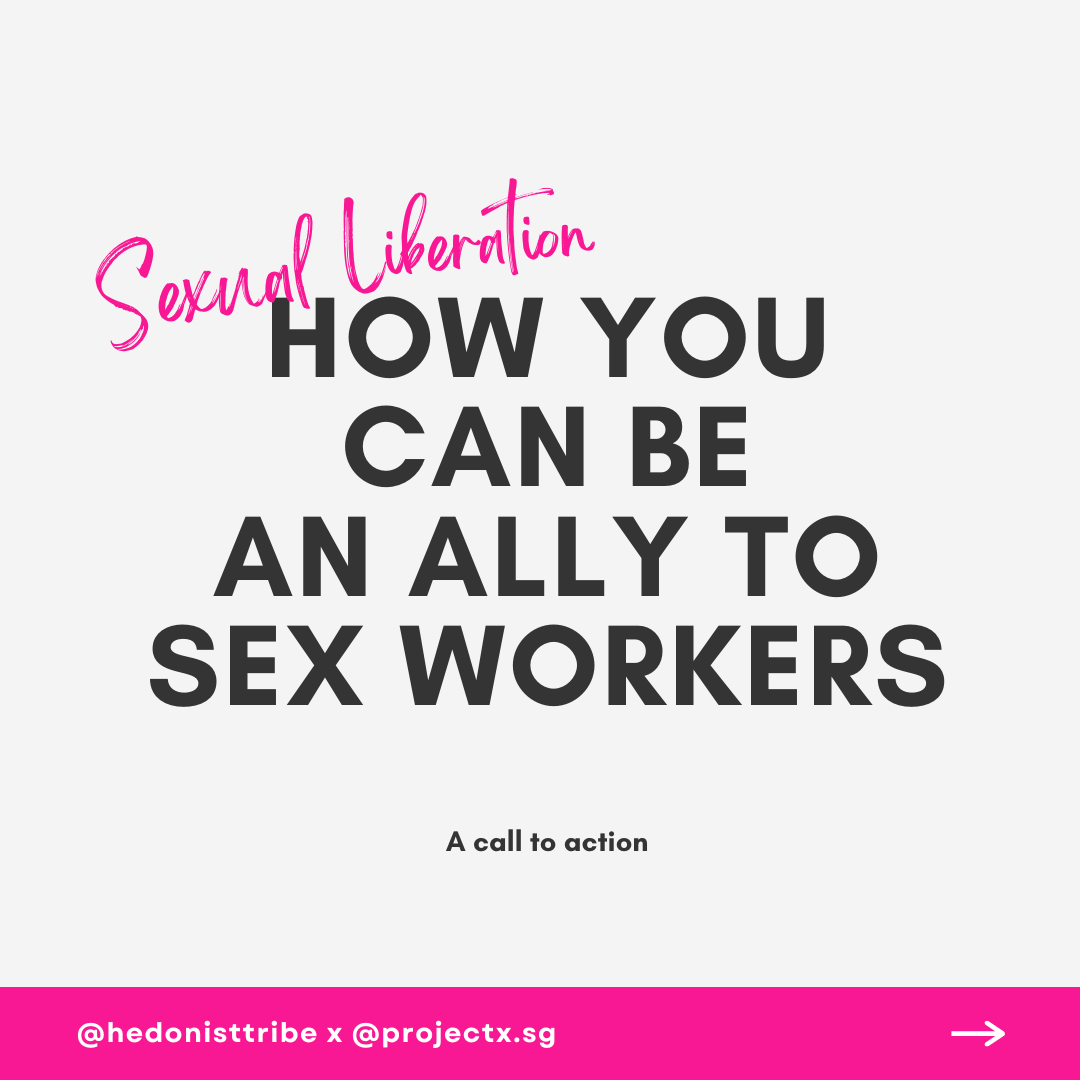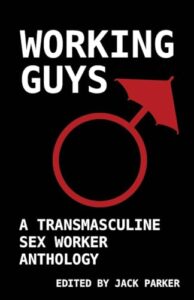The rise of femme-centered ‘wellness’ brands coupled with the changing attitudes of Singaporeans about sex, indicates that sexual liberation is an important subject matter in our times. But we are not there yet. Sexual liberation, female empowerment and true sex positivity cannot be achieved without first recognising the work of sex workers, and for this recognition to be achieved, allyship from within the sexual liberation movement is necessary.
What is sexual liberation and who does it serve?
On a global scale, the concept of sexual liberation rapidly gained traction in the 1960’s and 1970’s during the ‘sexual revolution’ occurring throughout the United States and elsewhere. The concept can be best defined as ‘the state of being free from sexual mores and inhibitions which are unduly restrictive or oppressive’. Whilst the sexual revolution remains incomplete, the sexual liberation movement has already made substantial gains through the relaxation of moral and legal rules surrounding sex and sexuality. Consider the fact that there was once a time when premarital or extramarital sex would have caused public outcry. In certain parts of the world, mixed-race couples and interracial sexual encounters would have been considered abhorrent, and in some countries, illegal. The idea of women desiring sex, let alone masturbating would have resulted in a diagnosis of hysteria. 377A – the law that criminalised consenting sex between adult males – was repealed just last year after decades of advocacy. The decriminalisation and normalisation of these sexual interactions have enabled us to be happier, healthier and more empowered. They are wins for sex positivity. Why is it then that sexual interactions between sex worker and client remain criminalised and morally condemned? Why has the sex positivity movement left sex workers behind?
Why the condemnation and criminalisation of sex-work?
Sex work has existed time immemorial, but despite the historical origins of the profession, sex workers operate under a cloud of shame and judgment. In order to overcome social mores that run counter to the realisation of sexual liberation, it is necessary to identify and unpack the reasons people give as to why sex work is ‘wrong’ or ‘immoral’. These reasons invariably rely upon the same outdated, patriarchal, hetero-normative assumptions that denied others the right to express and own their sexuality.
For most of history, ‘moral’ sex has been tied to marriage. The traditional view that sex is only legitimate in marriage (particularly where the end goal is procreation) is no longer widely accepted. But a modern and more secular version has taken root: the view that sex is morally acceptable when it expresses love. Whilst this modern view might be broader and more inclusive than the traditional perspective, it is still unnecessarily prescriptive. Sex work runs counter not only to a dominant culture based on monogamy, heteronormativity and female sexual subservience, but counters the view that sex is an act of love. Sex is a service which can be provided like any other. Unnecessary moral and romantic views of sex are unduly restrictive and oppressive and thus undermine the full realisation of sexual liberation.
Decriminalisation, destigmatisation and grappling with complexity in the industry
As people who claim to be ‘sex positive’ and ‘sexually liberated’ we must embrace sex work as work and fight to ensure that sex workers are not left behind in our collective fight for sexual liberation.
Sex workers enter the industry for a variety of reasons. Not everyone is trafficked into the industry nor is everyone completely voluntary in their participation. Consent and coercion exist on a spectrum, and in order to be able to tackle such complexities, we need to decriminalise and destigmatise sex work.
Currently, sex workers must tread the balance between fulfilling (often male) sexual desires, whilst simultaneously having their own sexual behaviours policed and stigmatised. When sex work is recognised as work, and sex workers are guaranteed equal rights before the law, then we can begin to really grapple with the complexities inherent in sex work. For instance, whilst sex workers play a role in the sexual liberation of some, the industry is not monolithic. We need to subvert the current sentiment that it is okay only for cishet men to purchase sexual services, and encourage a broad acceptance of the industry.
Allyship and sexual liberation
Sex work should be destigmatised and decriminalised. Doing so advances the cause of sex positivity and sexual liberation and simultaneously promotes the human rights of sex workers.
One crucial aspect of being an ally involves reflecting on your own values, attitudes and beliefs. Whilst you may hold opinions or suspect you know about a matter, you should be open to having your biases challenged, and you should be willing and able to accept the lived realities of sex workers (even if it means throwing out everything you thought you already knew).
Relatedly it is essential that you be able to recognise your own privilege and how you can use it to influence inclusion in a way that centres the lived experiences of those you are advocating for. Practically this means refraining from judgement and adapting to what you learn from those with experience in the sex industry.
Allies are key components of any social movement as they have both a supportive and transformative role. They foster a sense of community and hope. Social change happens over time as individuals challenge their beliefs and take on new perspectives. Thus becoming an ally to sex workers serves the ultimate end goal: promoting the mainstream acceptance of the human lives involved in the sex industry. Allyship is key to the destigmatisation of sex work.
Summary
The full realisation of the rights of sex workers is the next natural step in the sexual liberation movement and allies are needed to make this happen. Once sex workers are able to control their own sexuality through the legal recognition of the legitimacy of their work, only then can we truly claim to be a sexually liberated society.






